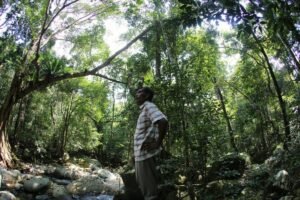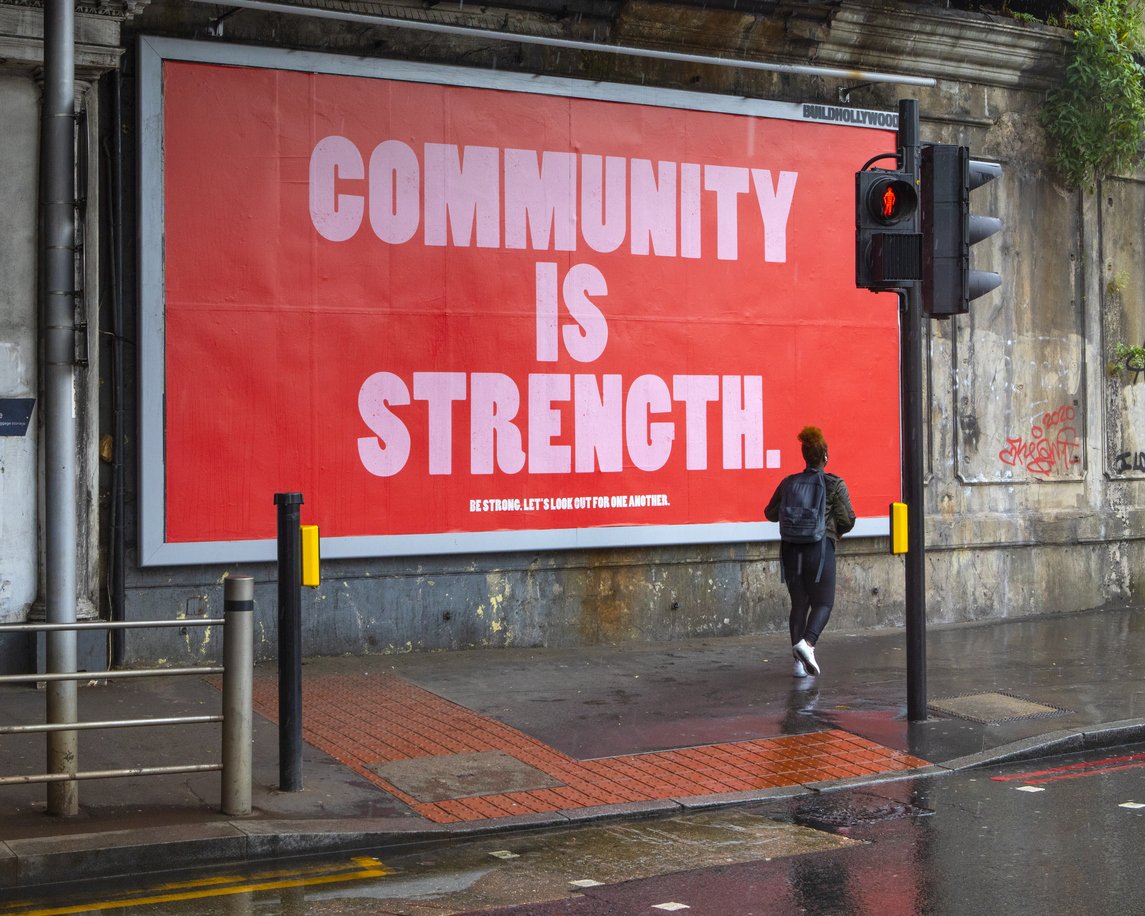
At yesterday’s inauguration, Amanda Gorman, a 22-year-old Black woman from California and the country’s first-ever national youth poet laureate, read us a poem she wrote specifically for the inauguration that, in an instant, became a touchstone for the urgent project of achieving freedom and justice for all who reside in this country. Written in the aftermath of the attempted January 6th coup at the Capitol, the poem and the poet’s lyrical truth-telling and embodied hope stir us to recognize our collective power to make something of this nation’s hobbled effort at democracy.
Can a poem, even one of extraordinary beauty and craft like Gorman’s The Hill We Climb, become a literal touchstone in the forging of democracy? Can an artistic act resplendent with metaphor function as a practical directive on how we proceed? Not only can it, but we see it as anything less at our peril.
And yes, we are far from polished, far from pristine, but that doesn’t mean we are striving to form a union that is perfect.
We are striving to forge our union with purpose.
With her unexpected “but that doesn’t mean,” Gorman directs us away from the hubris of “of a union that is perfect” and toward the integrity of a union with the discipline to manifest its professed purpose in all of its structures and practices.
That is the promise to glade, the hill we climb if only we dare. It’s because being American is more than a pride we inherit.
It’s the past we step into and how we repair it.
We’ve seen a forest that would shatter our nation rather than share it.
Sign up for our free newsletters
Subscribe to NPQ's newsletters to have our top stories delivered directly to your inbox.
By signing up, you agree to our privacy policy and terms of use, and to receive messages from NPQ and our partners.
With her compelling use of “glade” as a verb—it’s typically a noun meaning a bright clearing surrounded by woods—Gorman directs us to act. To turn that sunlit promise into an actual place. To not merely acknowledge the past, but to repair its resulting injustices. This past now includes the insurrection that immediately preceded this inauguration when Gorman’s “forest,” a violent mob and the very antithesis of her “glade,” raged directly at the promise of a democracy we can all share.
Gorman concludes:
The new dawn blooms as we free it.
For there is always light. If only we’re brave enough to see it.
If only we’re brave enough to be it.
And with her argument that the new dawn is something to be freed up rather than to be created wholesale, Gorman directs us to look within ourselves. To have the courage to see our own liberation as inextricably linked to everyone’s liberation. She calls on us not to believe in freedom but to “be it.”
A touchstone is a standard or criterion by which something is judged or recognized. Amanda Gorman’s poem articulates a standard and a gorgeous inspiration for how we each show up to the vast and pressing work ahead.—Jeanne Bell











